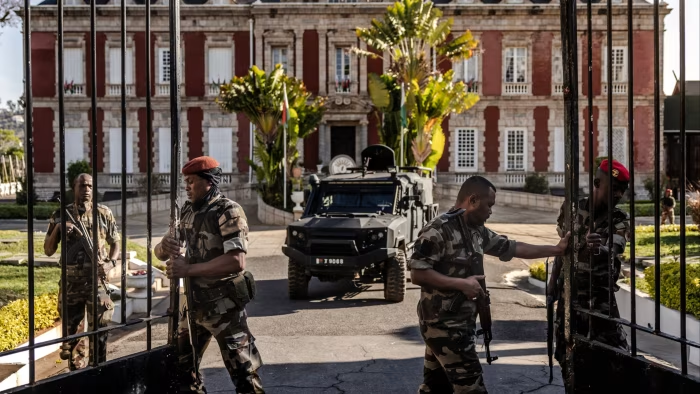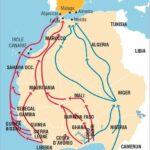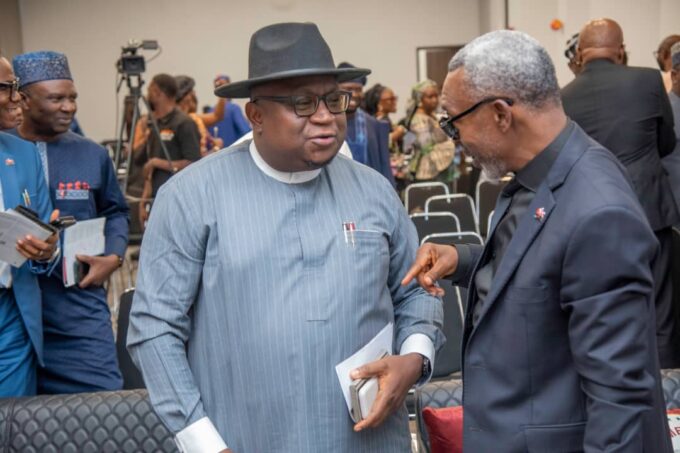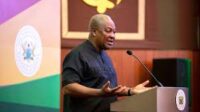Madagascar has been plunged into political uncertainty after an elite military unit announced it had seized control of the government, ousting President Andry Rajoelina in what appears to be the latest in a long line of military takeovers in the island nation’s history.
The powerful unit, known as CAPSAT, declared on Monday that it had taken charge of the country, suspended key democratic institutions, and promised to organize new elections within two years. The move has sparked widespread unrest and drawn international attention to the fragile political situation in the Indian Ocean nation.
In a dramatic twist, Madagascar’s Constitutional Court has named Colonel Michael Randrianirina, the commander of CAPSAT, as the country’s new leader. However, the president’s office has firmly rejected this declaration, insisting that Andry Rajoelina remains the legitimate head of state. The political standoff has intensified confusion, with both sides claiming authority amid a rapidly unfolding crisis.
The uncertainty deepened after lawmakers voted to impeach President Rajoelina, accusing him of undermining democratic principles. Rajoelina dismissed the impeachment as “null and void,” vowing to hold onto power. Reports have since emerged suggesting that he may have fled the country aboard a French military aircraft following an alleged assassination attempt, though the president later claimed to be sheltering in a “safe place.”
As tensions mount, the whereabouts of Rajoelina remain unclear, fueling speculation and unrest across the capital, Antananarivo. Citizens have been left anxious and uncertain about the country’s future, with fears that the political impasse could spark further instability.
The unfolding events mark yet another turbulent chapter in Madagascar’s history of coups, as the nation struggles to maintain democratic governance. Since gaining independence from France in 1960, Madagascar has experienced three previous military takeovers. The first occurred in 1972, when widespread protests over economic stagnation forced founding President Philibert Tsiranana to relinquish power to a military council. In 1975, Lt-Com Didier Ratsiraka seized control through a coup and went on to serve as president for over a decade. More recently, in 2009, the military ousted President Marc Ravalomanana, paving the way for opposition leader and then-city mayor Andry Rajoelina to assume power with army backing.
The current crisis threatens to undo years of political progress and economic recovery efforts in the country. International observers, including regional organizations and foreign governments, have called for calm and urged all parties to engage in dialogue to restore constitutional order.
As the world watches closely, Madagascar stands at a crossroads between a renewed descent into military rule and the possibility of restoring democratic stability. The coming days are expected to be critical in determining whether the island nation can avoid another prolonged period of political upheaval.














Leave a comment